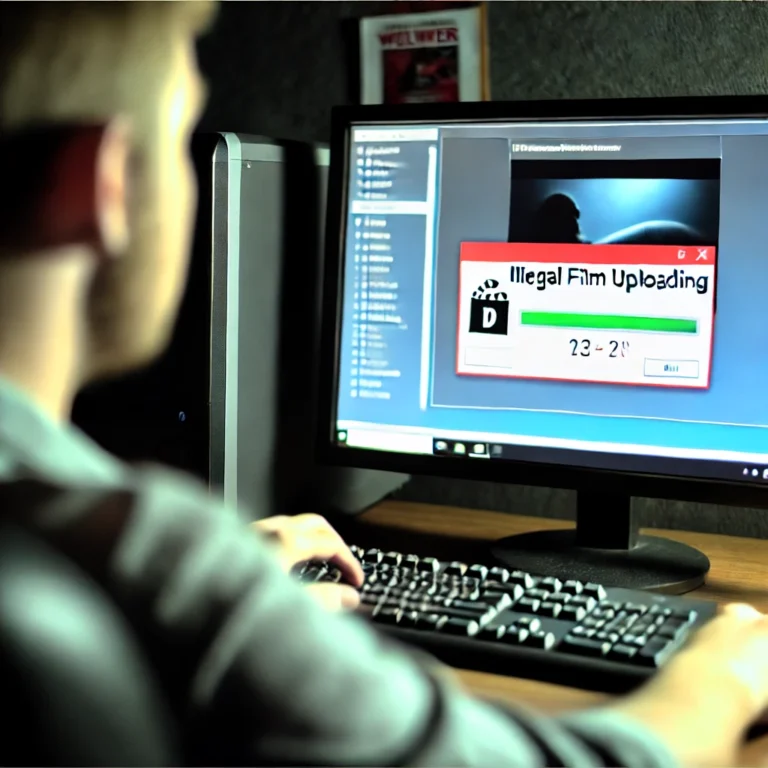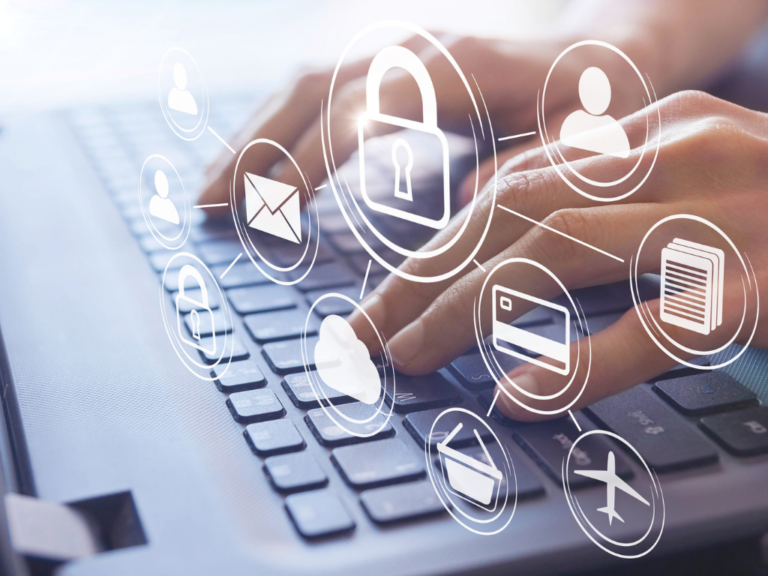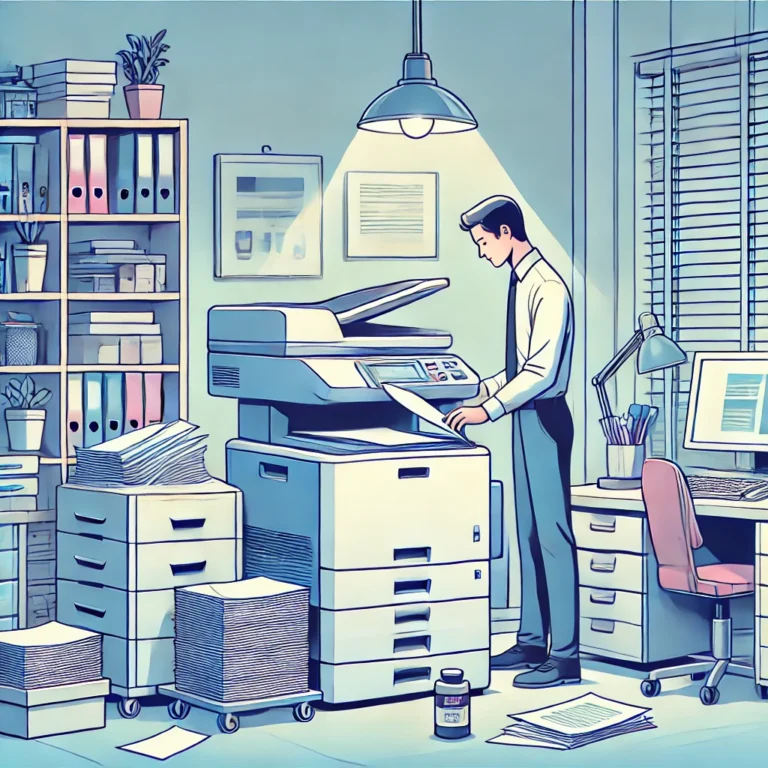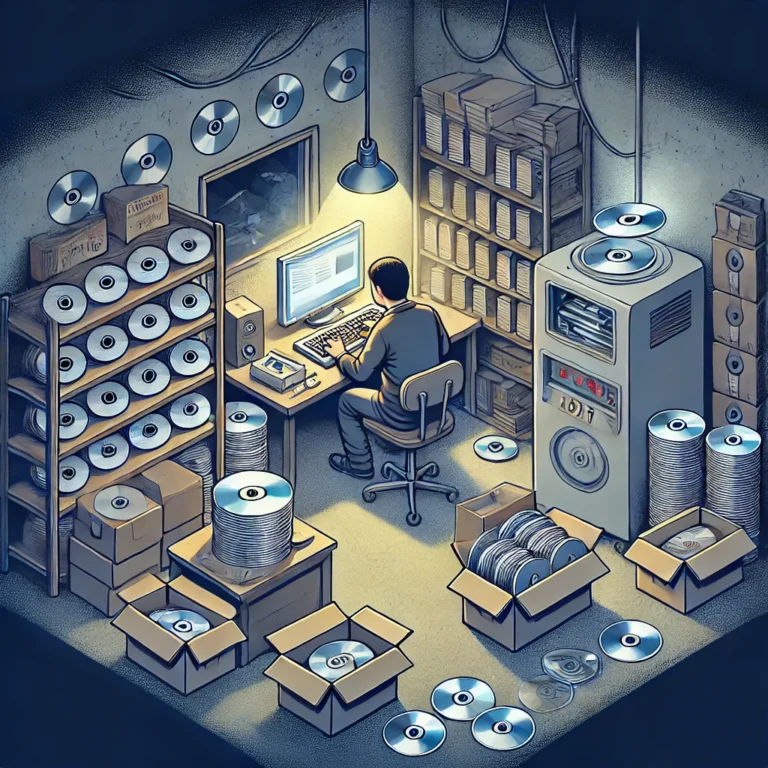Call us now:
Exceptions to Copyright Infringement under Vietnamese Law. The following are exceptions to copyright infringement under Vietnamese law. In these cases, users of the work are not required to seek permission or pay royalties, but must provide information about the author and the origin of the work.
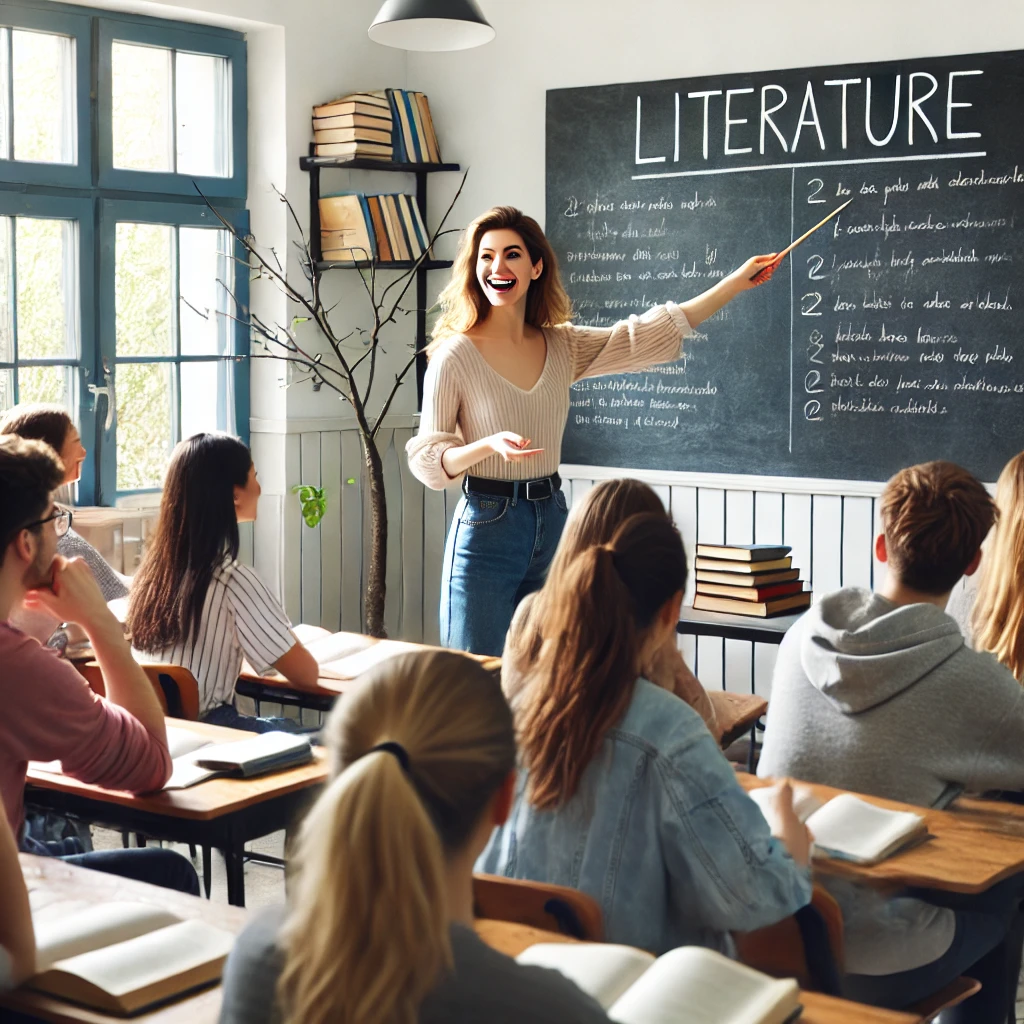
Exceptions to Copyright Infringement under Vietnamese Law
Provided that the use does not conflict with the normal exploitation of the work, does not unreasonably harm the legitimate interests of the author or copyright owner, and does not apply to architectural works, fine art, computer programs, compilations, or anthologies of works, the following uses are not considered copyright infringement:
Personal Copying for Scientific Research or Study Without Commercial Purpose (Not Applicable for Copying with Reproduction Devices)
This means that an individual has the right to make a single copy of a work (e.g., a book, article, or research document) for the purpose of personal study or scientific research without it being considered copyright infringement. However, this rule does not apply to copying using reproduction devices such as photocopiers or similar machines. The intent is to prevent the misuse of such devices to create multiple copies that could lead to unauthorized distribution or improper use, which could harm the author.
The purpose of this regulation is to protect the author’s rights while allowing individuals to use works for educational and research purposes in a reasonable manner, without significantly harming the author’s economic interests. Copying must be done with respect for intellectual property rights and within the legal limits.
Reasonable Copying of a Portion of the Work Using Reproduction Devices for Personal Scientific Research or Study Without Commercial Purpose
This provision allows individuals to use reproduction devices, such as photocopiers, to copy a portion of a work (e.g., a chapter of a book, a section of an article) for the purpose of personal study or scientific research.
The copying must serve personal educational or research purposes and not be for commercial purposes or public distribution. Only a portion of the work may be copied, not the entire work, to ensure that the author’s rights are not significantly affected. Copying the entire work without permission may be considered a violation of copyright.
Fair Use of Works for Illustrative Purposes in Teaching
This provision allows teachers, lecturers, and educational institutions to use copyrighted works for illustration and to support the teaching process without needing to seek permission from the author or pay royalties.
The work must be used solely for teaching purposes. This includes illustrations in lectures, educational publications, performances, or recordings used for teaching. The use must be reasonable, meaning only the portion of the work necessary to illustrate the teaching content may be used. The entire work should not be used unless absolutely necessary for the teaching purpose. In cases where the work is provided through an internal network, such as an online learning system within a school, technical measures must be applied to ensure that only participants of the class (teachers and students) can access the work. This helps prevent unauthorized distribution and protects the rights of the author.
Use of Works in Official Activities of State Agencies
This regulation is intended to support state agencies in carrying out their public functions and duties. State agencies may use works such as texts, images, music, and other materials in activities like public communication, community education, legal dissemination, or official events without being considered to infringe copyright.
The state agency must ensure that the use of the work is reasonable, appropriate for the public purpose, and does not exceed what is necessary. The use of the work should not negatively affect the economic interests of the author or copyright owner.
Reasonable Quotation of Works Without Distorting the Author’s Intent for Commentary, Introduction, or Illustration in One’s Own Work; for Writing Articles, Use in Periodicals, Broadcasts, or Documentaries
Quotations must be made for the purpose of illustration, commentary, introduction, or analysis in works such as articles, periodicals, broadcasts, or documentaries. This should serve the objective of conveying information, educating, or generating new value from the original work.
The quotation must be reasonable, meaning only the necessary part should be used to fulfill the stated purpose. Over-quoting or using the entire original work is not allowed, as it may affect the author’s rights.
It is essential to ensure that the meaning and content of the original work are not distorted or misrepresented. This requires careful selection of the excerpt and precise expression to maintain the author’s original ideas.
Users must clearly indicate the source of the quoted work, including the author’s name, title of the work, and other necessary information. This is not only a legal requirement but also a way to show respect for the author’s creative efforts.
Use of Works in Non-Commercial Library Activities
Libraries have the right to copy works they store for the purpose of long-term preservation. These copies must be clearly marked as “archival copies” and access to them must be restricted according to legal regulations governing libraries and archiving.
Libraries may use copying devices to reproduce a reasonable portion of a work to meet the research and learning needs of users. This copying must not apply to the entire work and must be strictly for non-commercial purposes, supporting individual study and research.
In cases where libraries are interconnected via a computer network, they may copy or transmit stored works to serve readers. However, the number of simultaneous readers must not exceed the number of copies of the work held by the libraries unless authorized by the copyright owner. This regulation does not apply to works already provided in digital form on the market, to avoid harming the economic interests of the author or copyright owner.
Performance of Stage Works, Music, Dance, and Other Forms of Artistic Performance in Cultural Activities or Propaganda Events for Non-Commercial Purposes
These performances must be aimed at serving the community, such as in cultural activities, propaganda events, or social occasions intended to raise public awareness, educate, or commemorate major holidays. These activities should not be organized for profit-making purposes.
The performances must comply with copyright regulations and should not affect the economic rights of the author. The moral rights of the author, such as the right to be credited for the work, must still be respected.
Photography and Broadcasting of Fine Art, Architectural, Photographic, and Applied Art Works Displayed in Public Spaces for the Purpose of Introducing the Work, Not for Commercial Purposes
The photography or broadcasting must aim to introduce and promote the work to the public and must not have any commercial intent. This means the images or videos captured cannot be used to generate direct or indirect profit.
The work must be displayed in a public space, meaning a location accessible to the public, such as museums, exhibitions, parks, or outdoor architectural structures.
Importing Copies of Another’s Work for Personal Use, Not for Commercial Purposes
The importation of copies must be for personal use, such as reading, studying, research, or art appreciation. These copies cannot be used for sale, rental, or distribution in any form to generate profit.
The number of imported copies should be limited, consistent with personal needs. Importing large quantities may be considered as having a commercial purpose and could violate copyright regulations.
Reproducing by Republishing Lectures, Speeches, or Other Public Addresses for the Purpose of News Reporting (Unless the Author Has Asserted Copyright)
Reproduction and rebroadcasting of lectures, speeches, or other public addresses must be for the purpose of providing news to the public. This typically applies when the content of the speech relates to widely relevant social, political, or cultural issues. The scope of reproduction and retransmission must align with the objective of delivering news. This means that the content should not be edited or altered in a way that distorts the meaning of the speech or address.
If the author has declared copyright over the lecture, speech, or address, reproduction or rebroadcasting must be done with the author’s or copyright holder’s permission, protecting the author’s rights to control how their work is used.
Photography, Recording, Filming, and Broadcasting Events for the Purpose of News Reporting
Photography, audio recording, filming, and broadcasting must be intended to provide news to the public. This includes capturing and transmitting events such as concerts, art exhibitions, public events, or other significant occasions where artistic works are featured.
Any works seen or heard during the event can only be used within the necessary scope for reporting the news. This exception cannot be exploited to use the work for purposes other than news reporting.
Exceptions to Copyright Infringement for People with Disabilities under Vietnamese Law
The provisions on copyright exceptions for people with disabilities are designed to ensure that they can access and use intellectual works easily and legally, while respecting the rights of the author. Below are the specific cases:
Copying and Using Works for People with Disabilities
People with disabilities, or their caregivers, are entitled to copy, perform, or communicate a work in an accessible format if they have lawful access to the original or a copy of the work. Accessible copies are versions of the work adapted or reformatted to meet the needs of persons with disabilities, such as Braille books, audiobooks, or digital formats with screen reader support. The key condition is that these accessible copies are only to be used for the personal purposes of the individual with disabilities.
Rights of Non-Profit Organizations
Non-profit organizations that meet the conditions set by the Government have the right to copy, distribute, perform, or communicate works in accessible formats if they have lawful access to the original or a copy of the work. This provision allows organizations to create and distribute accessible copies to help persons with disabilities access knowledge and culture.
Distribution and Communication of Accessible Copies to Corresponding Organizations
Organizations that meet the Government’s requirements are also entitled to distribute or communicate accessible copies to corresponding organizations under international treaties to which Vietnam is a member, without requiring the permission of the copyright owner. This facilitates international cooperation in ensuring equal access to intellectual works for people with disabilities.
Distribution of Accessible Copies to Persons with Disabilities Abroad
Organizations are also entitled to distribute or communicate accessible copies to persons with disabilities in foreign countries, in accordance with international treaties to which Vietnam is a member. However, before distributing or communicating these copies, organizations must ensure that they will only be used by individuals with disabilities and will not be exploited by others.
Importing Accessible Copies
Persons with disabilities, their caregivers, or organizations that meet the Government’s conditions are permitted to import accessible copies from corresponding foreign organizations under international treaties to which Vietnam is a party, without needing the permission of the copyright owner. This provision allows persons with disabilities to access educational and cultural materials from international sources.
These regulations ensure access to knowledge and culture for persons with disabilities while protecting copyright, creating a fair and inclusive legal framework.
Contact Us Now:
DCNH LAW
Address: 38B Tran Nhat Duat, Phuoc Hoa ward, Nha Trang city, Khanh Hoa province, Vietnam.
Phone: (+84) 343320223 – 974278893
Email: dcnh.law@gmail.com

